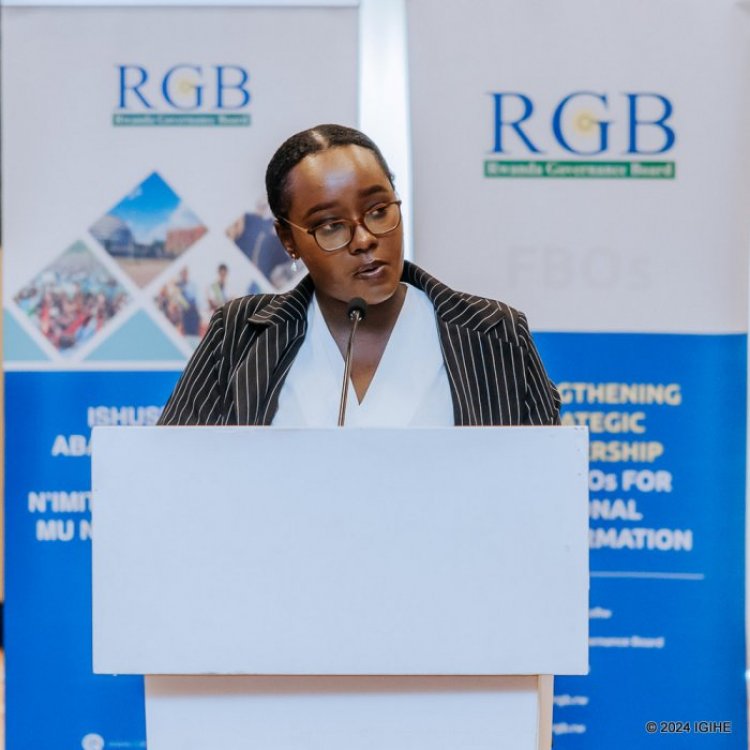
The Rwanda Governance Board (RGB) has introduced new regulations governing churches and religious organizations to ensure transparency, accountability, and alignment with national development goals.
These new measures aim to enhance professionalism in religious leadership, regulate financial management, and promote community well-being.
Key Provisions of the New Regulations
1. Mandatory Re-registration and Fee Requirement
All churches and religious organizations must re-register with district authorities. This process requires a non-refundable fee of RWF 2,000,000 to facilitate compliance with national standards.
2. Educational Requirements for Religious Leaders
Church leaders, including the primary representative and their deputy, must hold a recognized degree or equivalent certification in theology. Their training must consist of at least 1,200 hours of coursework to ensure adequate theological and leadership competence.
3. Social Development Action Plans
Religious institutions are now required to submit a comprehensive action plan demonstrating how their activities will contribute to the social and economic well-being of the communities they serve. This measure seeks to align religious practices with Rwanda’s national development objectives.
4. Tithes and Offerings to be Managed Through Banks
To improve financial accountability, churches must deposit tithes into bank accounts rather than handling them informally. This will enhance transparency and oversight of church finances.
5. Public Disclosure of Offerings
Churches must report all offerings collected during services and special events to district authorities and RGB. This regulation ensures that financial contributions from members are documented and responsibly managed.
6. Financial Audits by Regulatory Authorities
Government agencies with financial oversight will conduct unannounced audits of church finances. These audits may be carried out with or without prior notification to the religious organization, ensuring compliance with financial best practices.
7. Increased Membership Requirement for Registration ;To be officially registered, a church must gather at least 1,000 signatures from members who provide valid national identification (ID) and phone numbers. This measure seeks to prevent the proliferation of small, unregulated churches that may lack the capacity to operate effectively.
These new regulations reflect Rwanda’s commitment to streamlining the religious sector, ensuring that faith-based organizations contribute positively to national development. By professionalizing religious leadership and implementing financial oversight, the government seeks to foster accountability, ethical leadership, and community-oriented ministry.
While some religious leaders may find the new requirements challenging, the framework is designed to strengthen trust between churches and the public while promoting a more structured and impactful religious sector in Rwanda.
The implementation of these regulations marks a significant shift in Rwanda’s approach to religious governance. By setting high standards for religious leadership, financial transparency, and community engagement, the government aims to build a more accountable and development focused religious sector.
Churches and religious organizations are encouraged to comply with the new requirements and work collaboratively with authorities to enhance their contributions to national progress.
 English
English  Kinyarwanda
Kinyarwanda 



 Mathieu KARUMUGABO
Mathieu KARUMUGABO 














